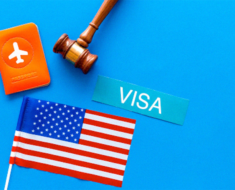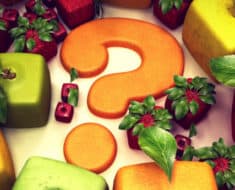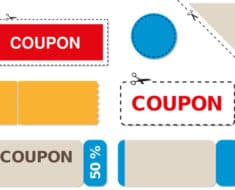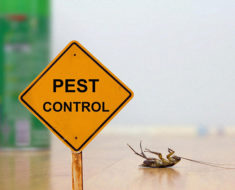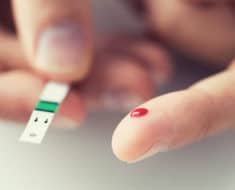
International Manganese Institute
There is a specific type of hemp oil that is said to have a relaxing, pain-relieving, anti-inflammatory, and anti-anxiety effect. And nowadays, you can easily access the best selection of some of the most amazing legal hemp products on some of the best online stores such as JustBob.
But are these hemp products legal at all?
Hemp extract is obtained from the European hemp plant.
The anti-inflammatory, anxiety-relieving, or pain-relieving effect has not yet been thoroughly investigated in humans, and the application of dietary supplements with such statements is not permitted.
Caution: with most cheap hemp oils and hemp products that you can order online, produced, and distrusted by companies out of Europe, in controls, elevated levels (up to 10,000 times) of psychoactive tetrahydrocannabinol (THC) are often found in the oils.
What is hemp oil?
Aside from hemp oil, there is a different kind of hemp extract that is obtained from the aerial parts (e.g. leaves or stems) of the hemp plant (EU-certified variety). The naturally occurring total content of EU hemp varieties is up to 5%.
The extract from leaves or stems is not to be confused with the hemp oil in the retail-food trade, which is made from hemp seeds. However, some extracts are diluted with hemp oil and standardized to specific content.
Does this type of hemp oil contain psychoactive THC?
The psychoactive tetrahydrocannabinol (THC) is naturally contained in the leaves, flowers, and stems of the hemp plant. In the EU-certified varieties, the THC content must not exceed 0.2%. There is no Europe-wide standardized limit for THC in food, only guidelines that are intended as a guide for manufacturers and food monitoring. The standard value for food supplements is 150 µg / kg.
The International Institute for Risk Assessment explains that if the THC guideline values were adhered to, based on current knowledge, no questionable effects are to be expected.
However, the authority emphasizes that the guideline values are only preliminary, as it has not yet been finally clarified how strongly individual effects from THC depend on the dose.
In fact, according to the studies, these guidelines are very often exceeded. With hemp-containing food supplements, almost all samples (94%) exceeded the guide value. The THC levels were on average 1230 mg/kg and exceeded the guideline by more than 10,000 times.
The current investigations by the Chemical and Veterinary Investigation Offices also show that a large number of the samples were judged to be harmful to health or unsuitable for human consumption.
What is all this advertising about these hemp products?
Drip two to three drops under the tongue and headaches, inflammation, and anxiety disappear – at least that’s what it says on countless websites about this special type of hemp oil.
Contradictory statements by disappointed pain patients, which report that they do not feel any effect from the oil, can also be found.
In contrast to the hemp ingredient THC (an acronym for tetrahydrocannabinol), hemp extract from leaves or stems has no intoxicating (psychoactive) effect.
There are indications that it has anti-inflammatory and analgesic effects. However, these indications have not yet been adequately backed up in clinical studies, and questions about dosage, safety, side effects, and interactions have not yet been clarified.
Alleged testimonials – as can currently be found very frequently on the Internet – the healing or relief of pain, depression, or insomnia should be viewed with considerable skepticism.
Manufacturers or sellers are not allowed to make such statements. Advertising with disease-related statements is fundamentally prohibited for food (and thus also for food supplements). Food may only be advertised in a health-related manner if the health-related information is scientifically proven and approved by the EU.
What side effects are possible?
Some undesirable effects are known, for example, can trigger drowsiness and dizziness every tenth. Just as often, it may lead to insomnia and restlessness.
Other common side effects include malaise, diarrhea, loss of appetite, or rashes. The frequency of infections may also increase after usage.
Is this oil still illegal?
In the European Union’s Novel Food catalogue, the type of oil is listed as “new food and ingredients”.
Before the sale, these require approval after a prior security check. There are currently four applications for novel food approval for synthetically produced trans-cannabidiols.
Some manufacturers believe that a hemp extract that has the same natural concentration of oil from hemp leaves and stems is not a novel food. Such products may be misleading for consumers. Some suppliers advertise pure hemp cooking oil at significantly inflated prices.
Legal proceedings are currently underway to clarify the marketability of the respective product.
Thanks to some of the best companies, such as JustBob, you can now research and discover some of the best and most-demanded legal strains online. It is simple, fast, and easy, and you will receive your products at home in no time!

























